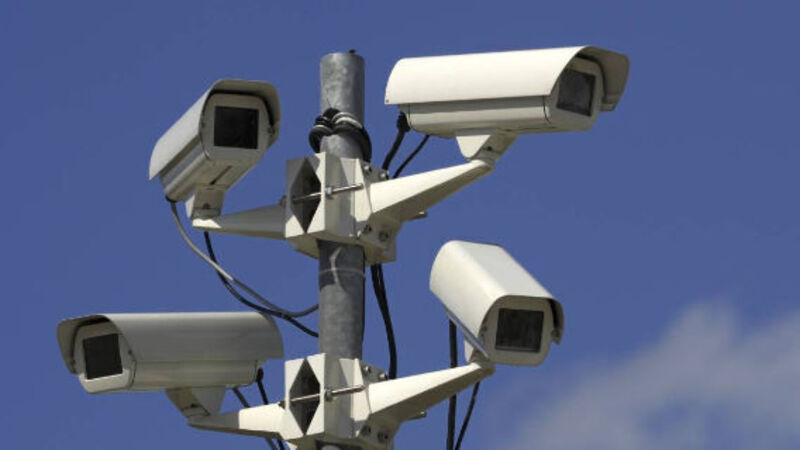Bid to fight rural crime with cameras

Hidden cameras to detect crimes in rural areas are being developed in an EU-funded project, .
The cameras being tested by EU police forces could provide the answer to the scourge of rural crime.
Try from €1.50 / week
SUBSCRIBEHidden cameras to detect crimes in rural areas are being developed in an EU-funded project, writes Stephen Cadogan.
The cameras being tested by EU police forces could provide the answer to the scourge of rural crime.
Already a subscriber? Sign in
You have reached your article limit.
Annual €130 €80
Best value
Monthly €12€6 / month
Introductory offers for new customers. Annual billed once for first year. Renews at €130. Monthly initial discount (first 3 months) billed monthly, then €12 a month. Ts&Cs apply.
Newsletter
Keep up-to-date with all the latest developments in Farming with our weekly newsletter.
Newsletter
Keep up-to-date with all the latest developments in Farming with our weekly newsletter.
Newsletter
Sign up to the best reads of the week from irishexaminer.com selected just for you.
Newsletter
Keep up with stories of the day with our lunchtime news wrap and important breaking news alerts.
Saturday, February 7, 2026 - 9:00 PM
Saturday, February 7, 2026 - 9:00 PM
Saturday, February 7, 2026 - 12:00 PM
© Examiner Echo Group Limited